LaTeX templates and examples — Books
LaTeX book templates to write your next best seller—whether you’re writing fiction or non-fiction, a short story or long textbook.
Recent
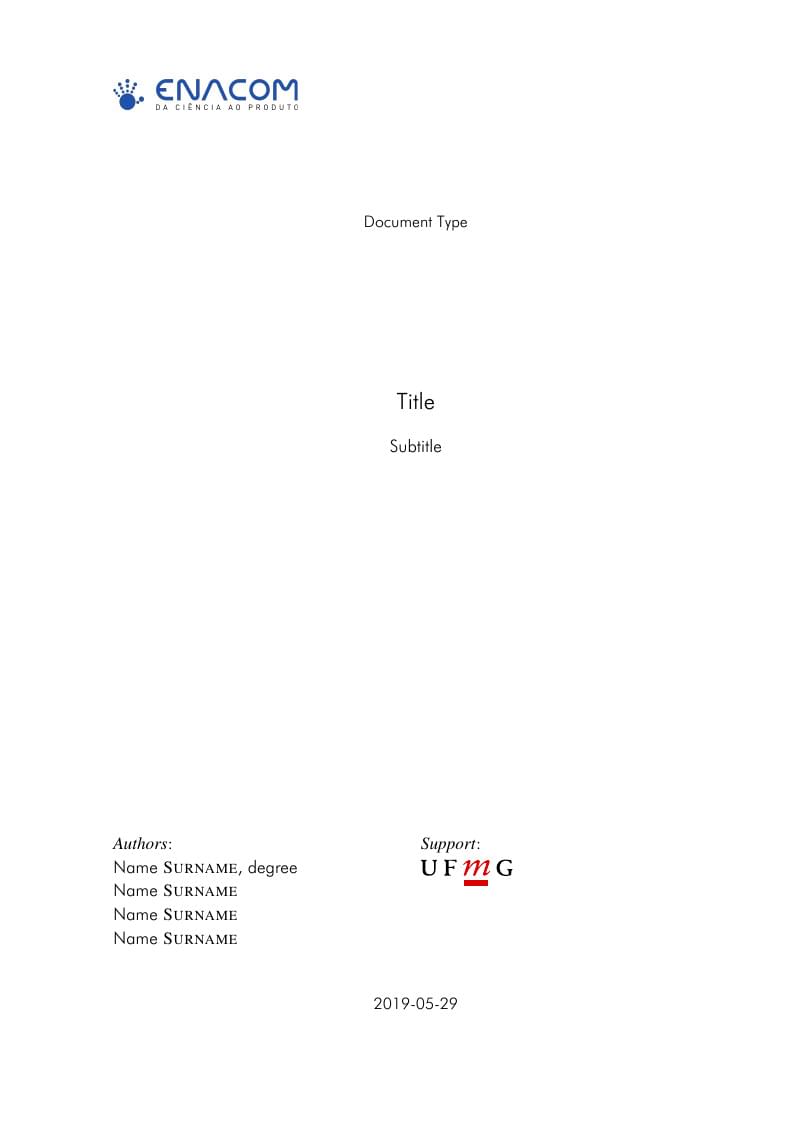
Enacom Writing Template
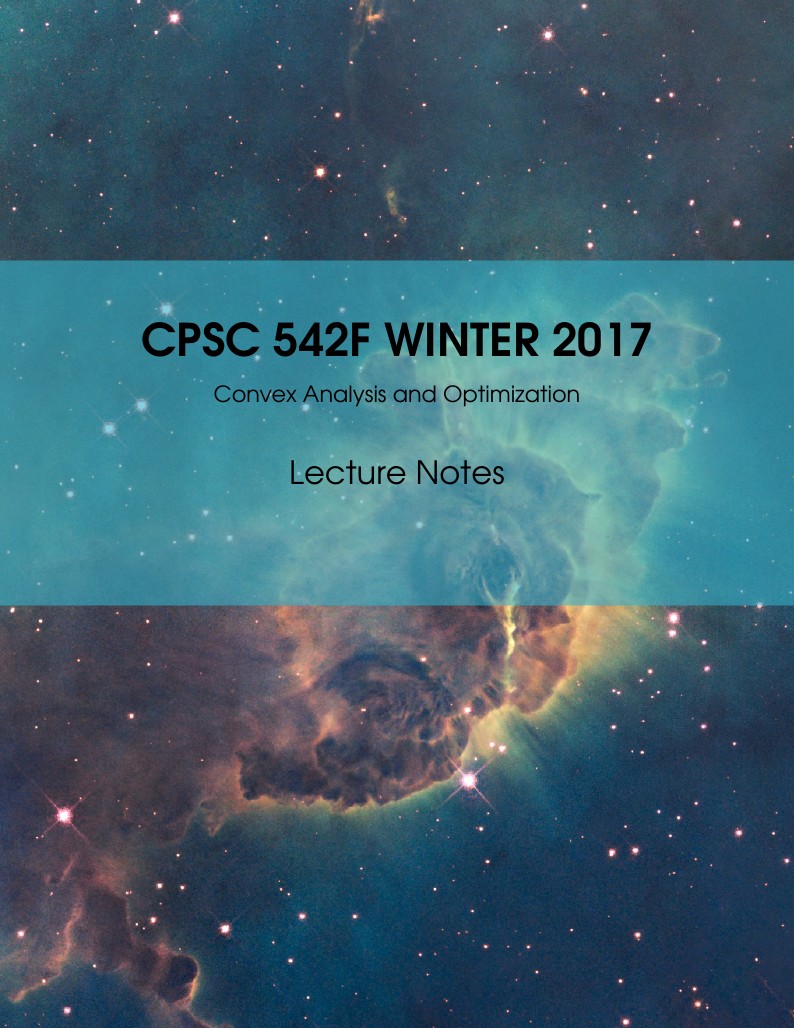
My documentation report Objetive: Keep track of the notes taken in convex analysis course.
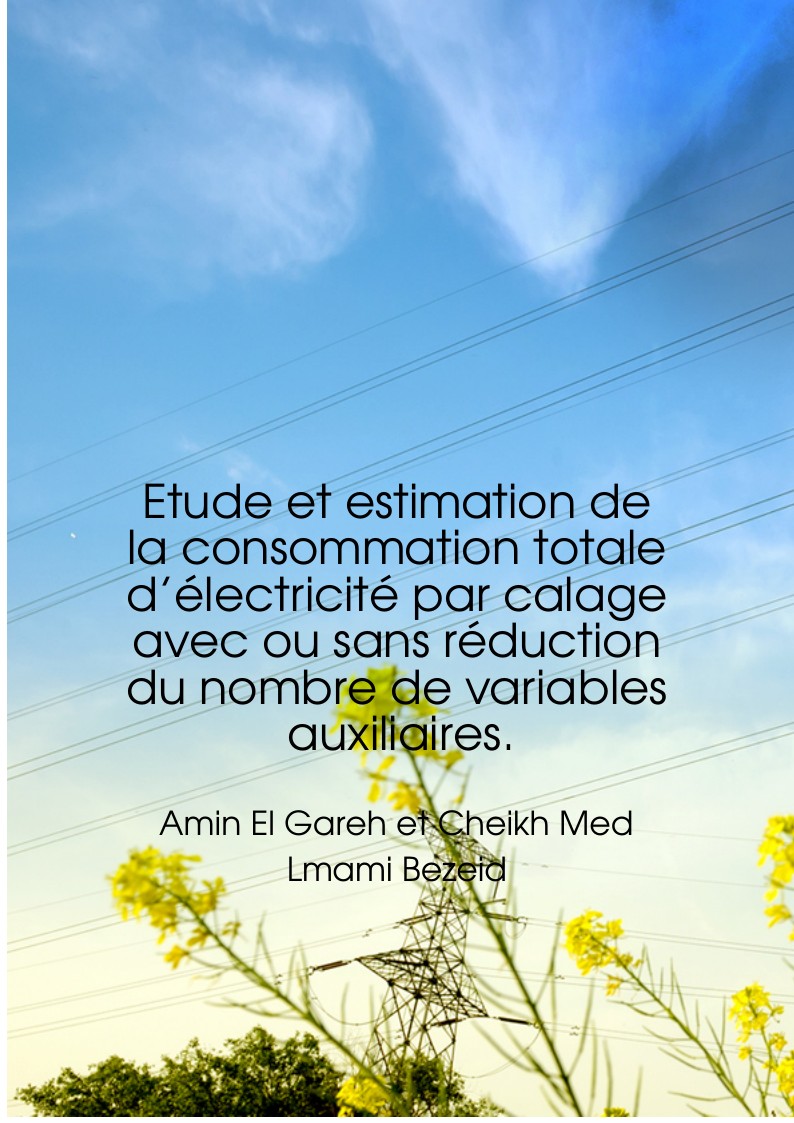
Etude et estimation de la consommation totale d’électricité par calage avec ou sans réduction du nombre de variables auxiliaires. Template: The Legrand Orange Book LaTeX Template Version 1.4 (12/4/14) This template has been downloaded from: http://www.LaTeXTemplates.com Original author: Mathias Legrand (legrand.mathias@gmail.com) License: CC BY-NC-SA 3.0 (http://creativecommons.org/licenses/by-nc-sa/3.0/)
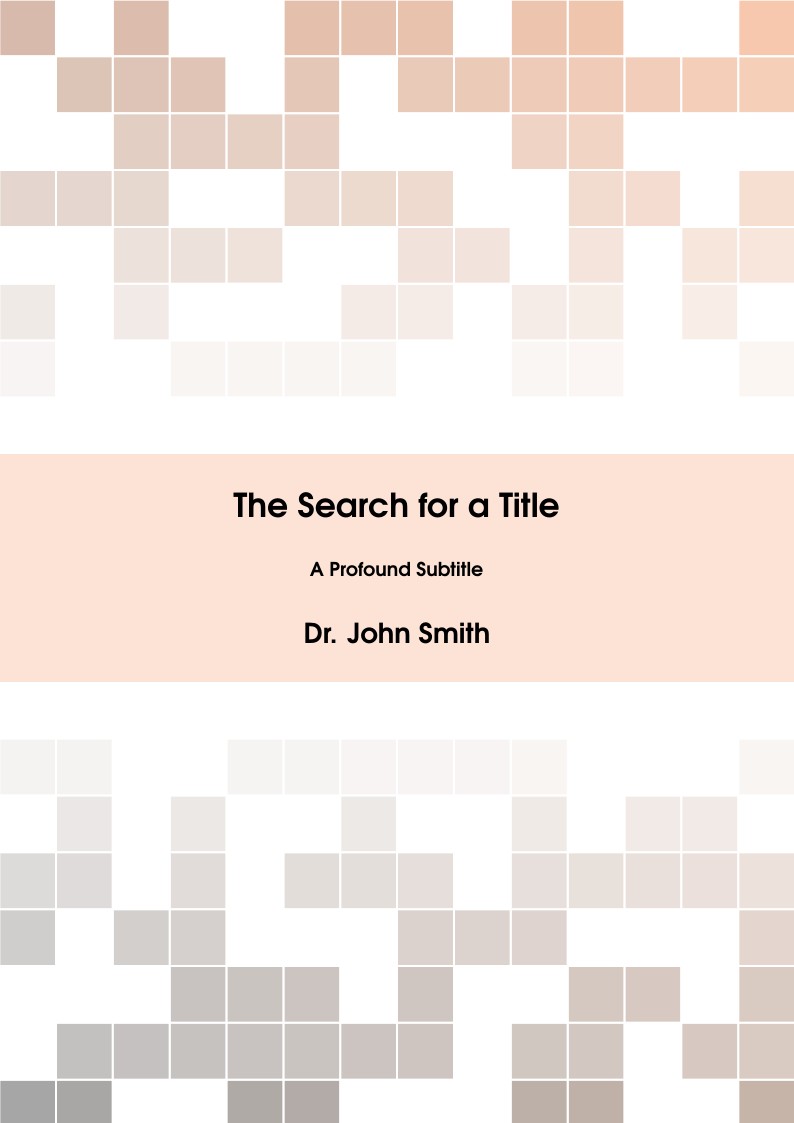
The Legrand Orange Book LaTeX Template Version 2.1.1 (14/2/16) This template has been downloaded from: LaTeXTemplates.com Original author: Mathias Legrand (legrand.mathias@gmail.com) with modifications by: Vel (vel@latextemplates.com) License: CC BY-NC-SA 3.0 Important note: Chapter heading images should have a 2:1 width:height ratio, e.g. 920px width and 460px height.
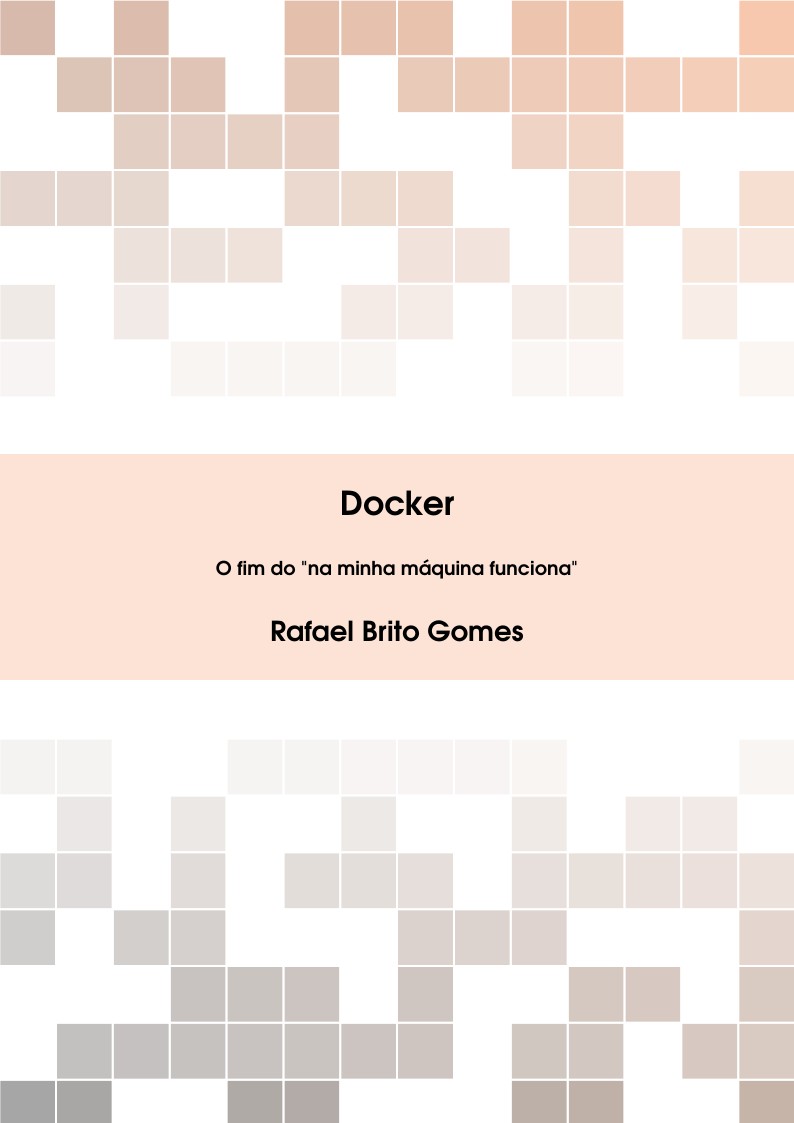
A book on Docker in Portuguese, created using the Legrand Orange Book LaTeX Template from LaTeXTemplates.com. The Legrand Orange Book template was created by Mathias Legrand (legrand.mathias@gmail.com) with modifications by Vel (vel@latextemplates.com) and made available under a CC BY-NC-SA 3.0 license.
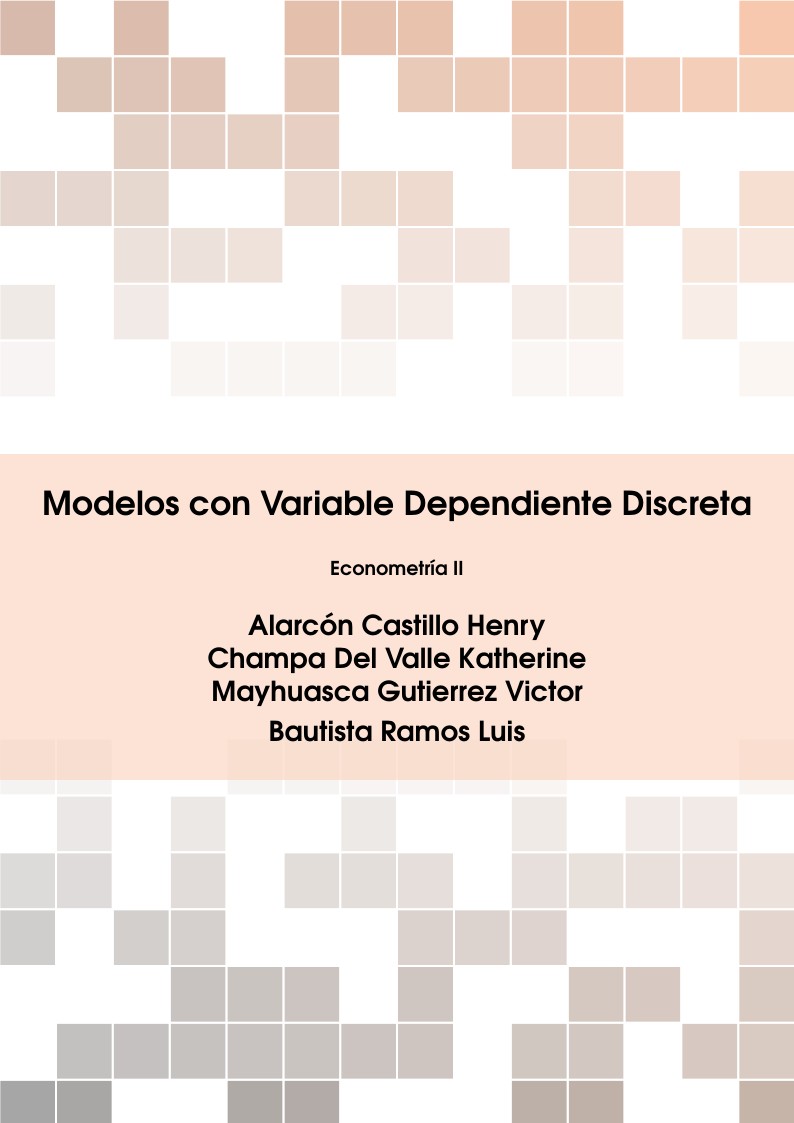
El presengte trabajo tiene como objetivo dar a conocer las bondades de los modelos Logit y probit dentro del campo de la estimación de modelos con variable endógena discreta dicotómica. Template Details: The Legrand Orange Book LaTeX Template Version 2.0 (9/2/15) This template has been downloaded from: http://www.LaTeXTemplates.com Mathias Legrand (legrand.mathias@gmail.com) with modifications by: Vel (vel@latextemplates.com) License: CC BY-NC-SA 3.0 (http://creativecommons.org/licenses/by-nc-sa/3.0/)
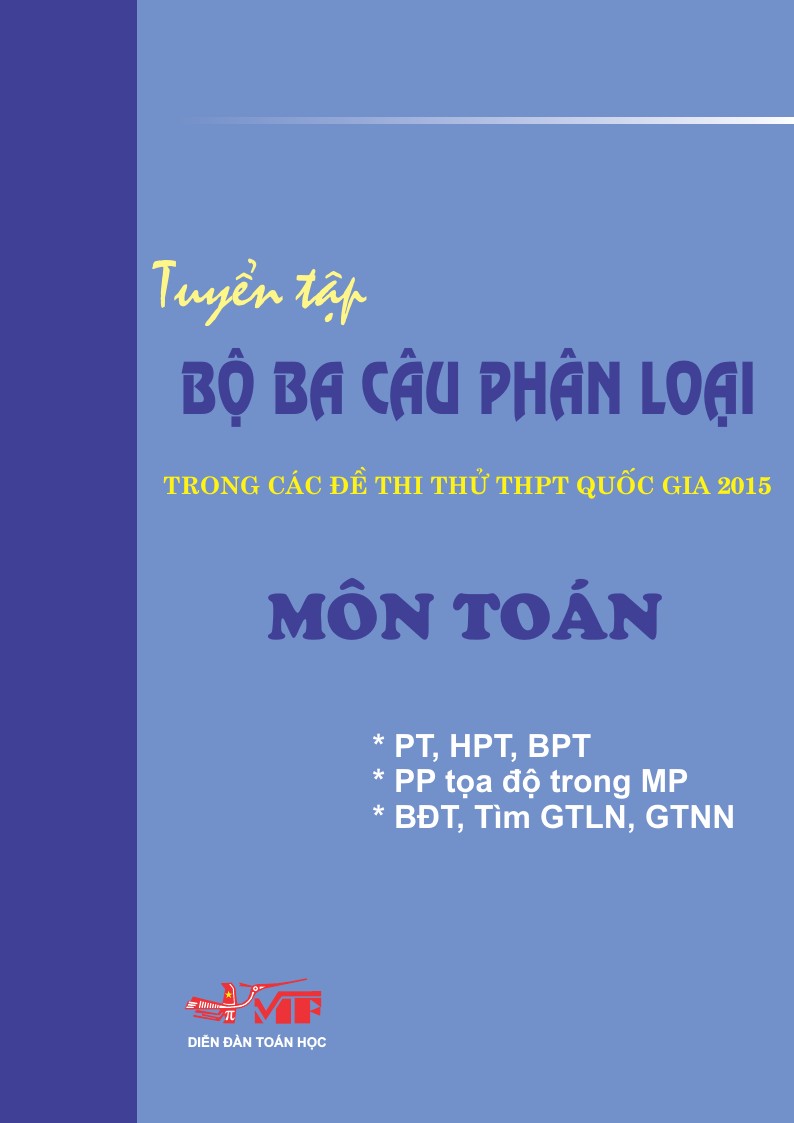
tôi không có câu hỏi nào hết
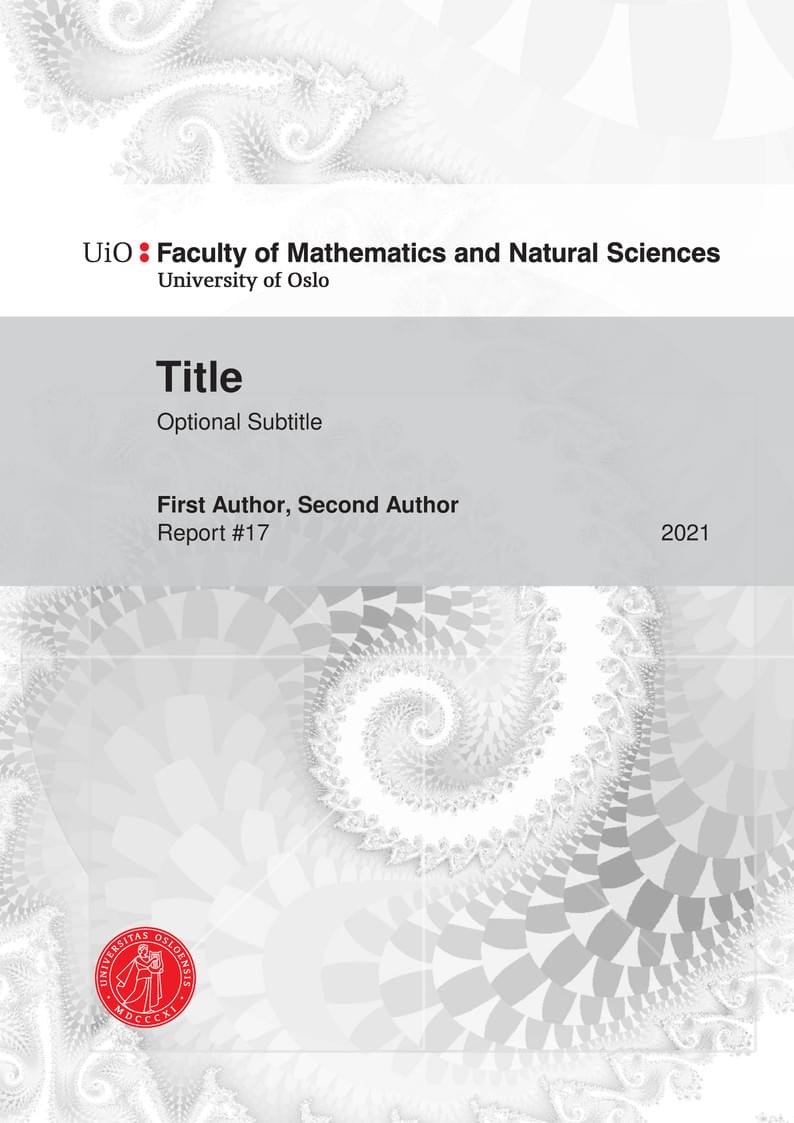
A generic template for large documents written at the Faculty of Mathematics and Natural Sciences at the University of Oslo. Suitable for reports, lecture notes and master's theses. Documentation for the front page: https://github.com/martinhelso/mnfrontpage Useful tips for large documents: https://github.com/martinhelso/Introduction-to-LaTeX/blob/master/large-documents.md
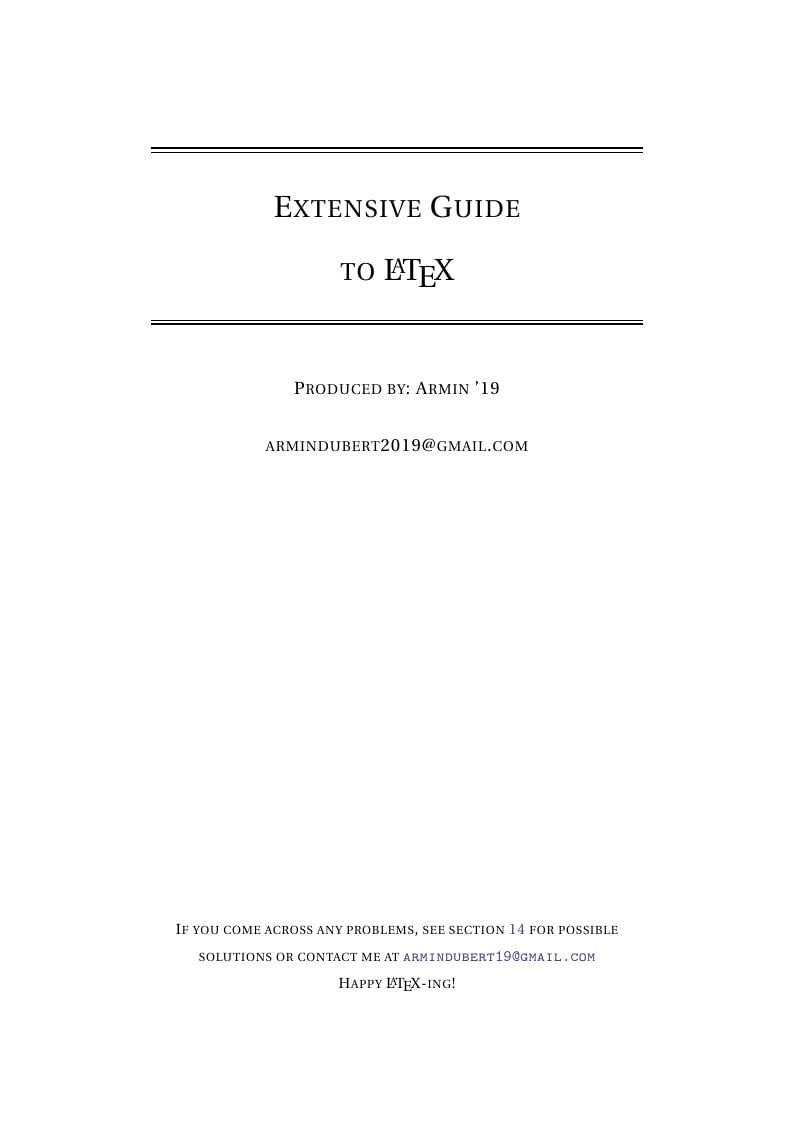
Provides an Extensive Guide to LaTeX along with the source code. This provides a template for documentation.
\begin
Discover why over 25 million people worldwide trust Overleaf with their work.